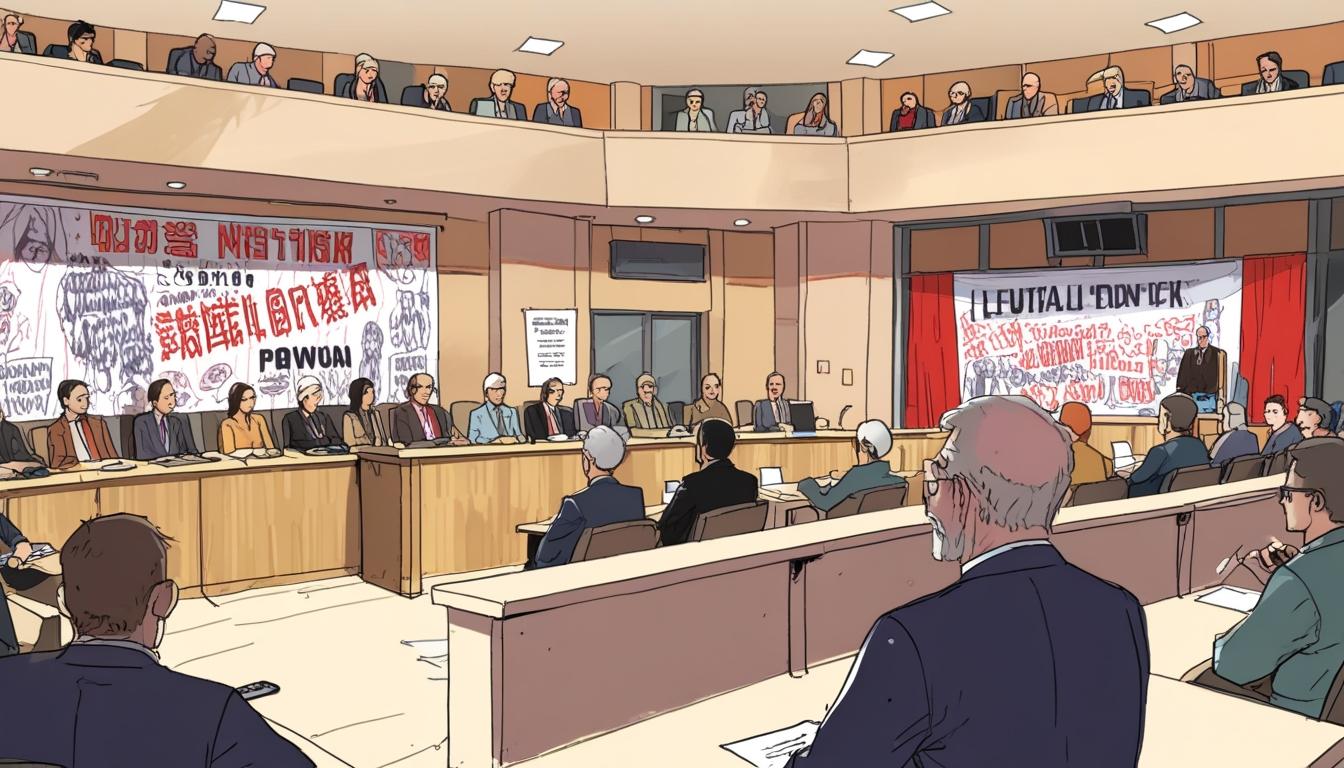As local elections unfold across the UK, the recent Harrogate Town Council election has emerged as a crucial bellwether for the broader political landscape. Observers highlight these elections as a reflection of national trends, marked by rising tensions and partisanship that could undermine genuine local governance.
The political atmosphere surrounding the Harrogate Town Council is increasingly fractious, raising serious concerns about the motives behind candidates' political affiliations. Critics assert that the current dynamics threaten to eclipse the authentic intentions of those vying for council positions, with many voters left questioning the integrity of the electoral process.
With the Harrogate Town Council's operational scope nebulous at best, the legitimacy of the election itself has come under scrutiny. As noted by local commentators, this has led to widespread speculation that the electoral exercise has devolved into mere “democratic posturing.” Furthermore, the transfer of powers from the County Council to local authorities is viewed by many as a cynical strategy to offload responsibilities that the County Council is unwilling to undertake effectively.
A fundamental debate arises around the intersection of party politics and local governance. Councillors tied to political parties face a challenging dilemma: balancing the expectations of constituents with the often conflicting directives from party HQ. This dual allegiance has become increasingly problematic, leading critics to question the ability of elected officials—such as councillors and Crime Commissioners—to act independently when it comes to decisive community issues.
The implications of party affiliation at the local council level raise significant concerns about the value these political structures truly deliver to constituents. Observers are left contemplating whether the presence of political affiliations enriches or detracts from effective local governance. In the case of Harrogate, the apparent benefits to the electorate are murky, leaving many voters to ponder the actual consequences of the status quo.
The final results of the Harrogate Town Council elections are likely to reverberate well beyond local governance, potentially swaying voter sentiments and strategies leading up to the next General Election. Analysts and concerned citizens will be keenly monitoring the fallout, as the political maneuverings within local councils reveal deeper, troubling trends in the UK's shifting political dynamics. It remains to be seen whether a more transparent and accountable approach can emerge, or if the current climate will continue to favor obfuscation and divisive party politics.
Source: Noah Wire Services
